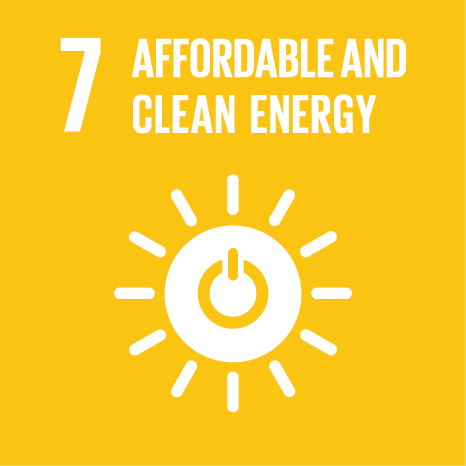The uranium age in Portugal and Spain (1947-1980)
Event Title
XIX World Economic History Congress
Year (definitive publication)
2022
Language
English
Country
France
More Information
Web of Science®
This publication is not indexed in Web of Science®
Scopus
This publication is not indexed in Scopus
Google Scholar
This publication is not indexed in Google Scholar
Abstract
Despite Portugal and Spain sharing environmental commonalities and political affinities between their dictatorships were more than clear at the dawn of the atomic business, the responses turned out significantly different. Portugal dismissed nuclearization after several endeavors whilst ten atomic reactors were connected up to the Spanish national grid in 1985. Hence, if similar conditions produce different results, the devil must be in the details. This paper attempt to cast light on the devil. To this end, we present a more fine-grained analysis of the circumstances surrounding the nuclear history of both nations, highlighting particularly three new variables: business structure; economic policy and political actors; and access to capital. Notwithstanding the statistical register of affinities, we conclude that nuclear power hit an Iberian world endowed with different business capacities, different energy policies and different actors in motion.
Acknowledgements
--
Keywords
Nuclear,Atomic Business,Comparative Business History,Iberian Peninsula
Contributions to the Sustainable Development Goals of the United Nations
With the objective to increase the research activity directed towards the achievement of the United Nations 2030 Sustainable Development Goals, the possibility of associating scientific publications with the Sustainable Development Goals is now available in Ciência-IUL. These are the Sustainable Development Goals identified by the author(s) for this publication. For more detailed information on the Sustainable Development Goals, click here.

 Português
Português



